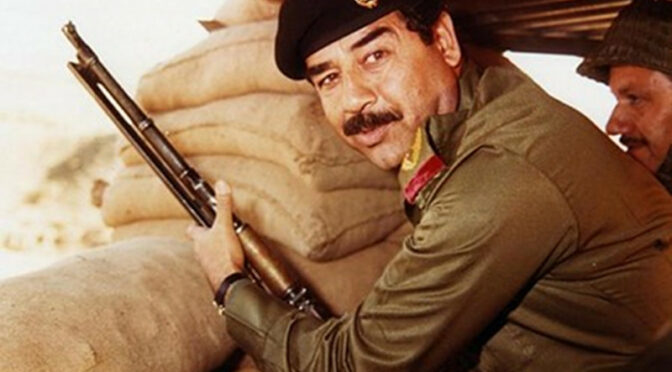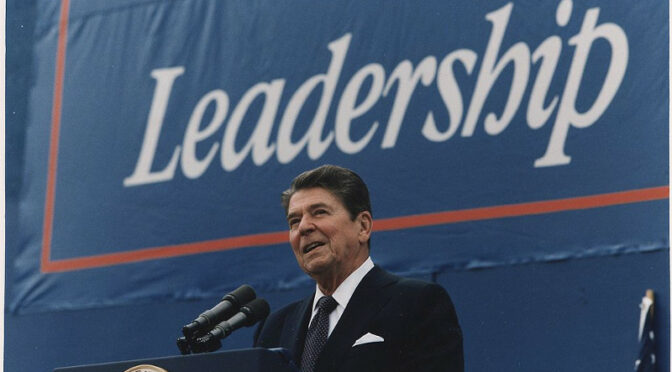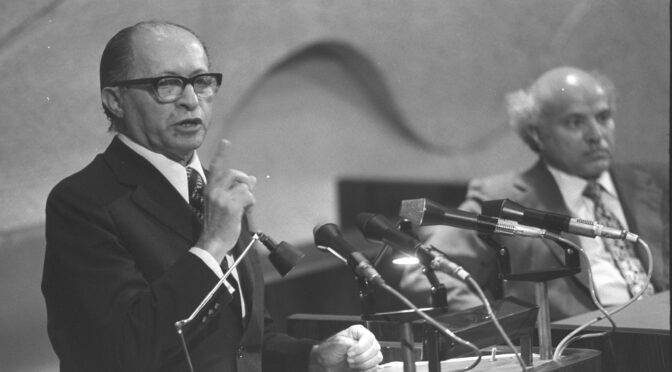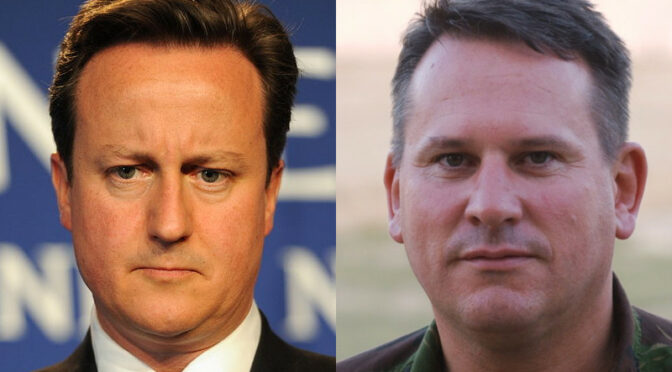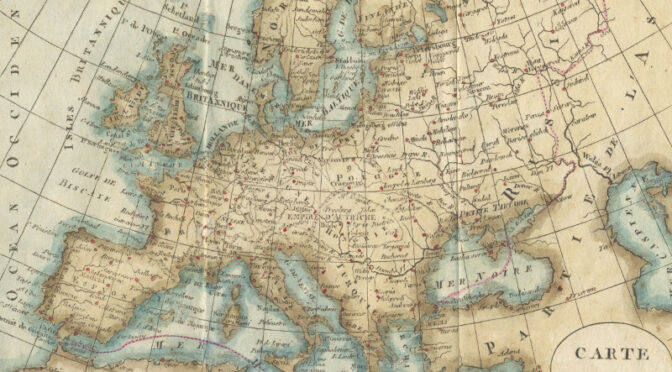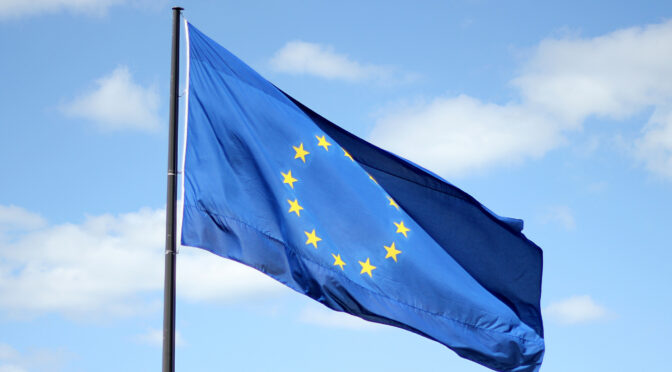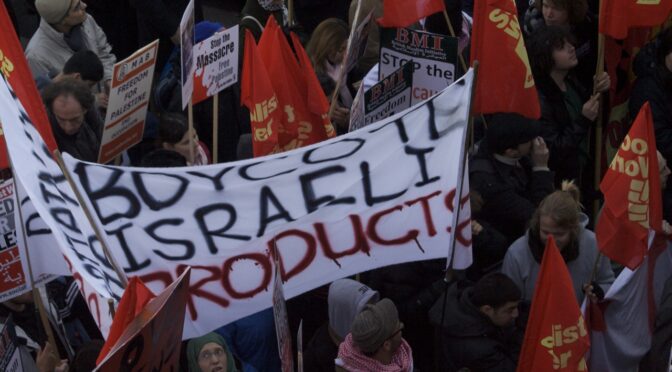Former chair of Cobra intelligence group also says defeating Isis through bombing will reduce its lure for youngsters
Article published by The Independent, 27 July 2016
Churches in areas where there is a threat of radical jihadism in the UK should consider having their own guards as part of tighter security measures following the terrorist attack on a French priest, according to a former top intelligence adviser to the government.
Colonel Richard Kemp, a former chair of the government’s Cobra crisis response group, has said in interview with The Independent that community-funded guards, security fences and CCTV ought to be considered by churches.
He emphasised such measures could not “guarantee” total safety but that similarly visible security outside Jewish synagogues was already being used as a “deterrent” and the Church of England and Catholic Church may wish to do the same.
In the interview Colonel Kemp, who was the first commander of British troops in Afghanistan after 9/11, also said:
- Many Muslims were “sympathetic” to the aims and tenets of radical jihadism as displayed by terrorist group Isis
- Bombing Isis in Syria and Iraq was the only way to reduce the attraction of the extremist group for potential recruits
- Muslims everywhere should voice their condemnation of the group as loudly as possible.
But he said the immediate response to the murder in France should be to consider the security around many churches.
He said: “Both the police in the UK and church authorities should review the security of churches. The reality is not that a church has suddenly become a new target and nothing else – there is virtually nothing else in the UK that is not a target, with the possible exception of mosques.
“But churches should think about use of CCTV as a deterrent, and the presence of security outside. But in the same way as a shopping centre or railway station, churches cannot become a fortress because people need free access to it.
“They couldn’t actually stop an attacker getting in who really wanted to, but especially in areas where there has been a threat from radical jihadists, they might want to consider that.
“It’s about that balance between safety and living freely and in a democracy.” Continue reading

